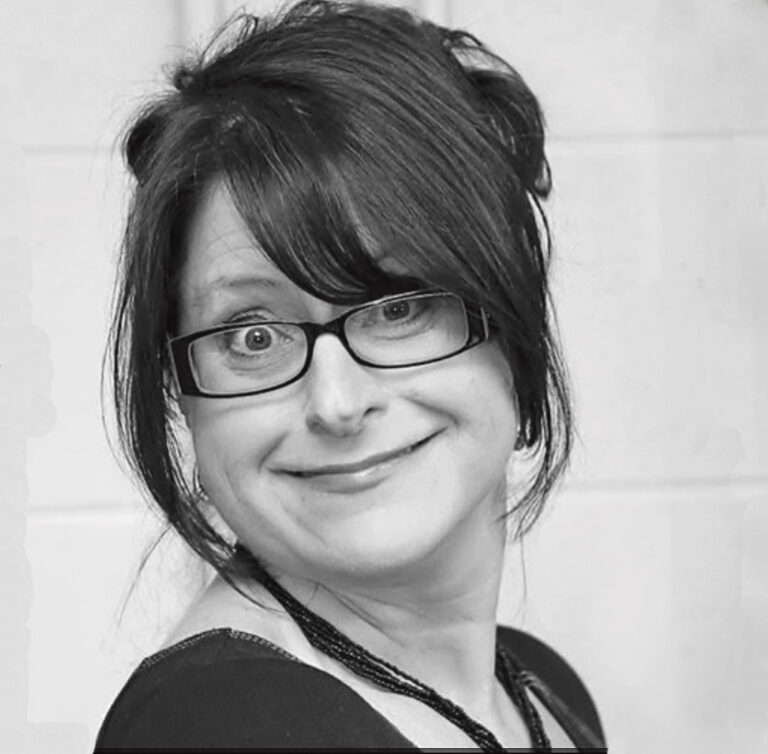
Written by Toni Lavigne-Conway | Special to the Valley Gazette
For hospitals in small rural communities, the Emergency Department (ED) plays a vital role in sustaining community healthcare.
The ED is often the only 24/7 access point of care. Families, seniors, workers, and summer visitors all rely on knowing emergency services are close by and dependable. Yet, it can also be one of the most challenging departments to keep staffed and running effectively.
Being properly equipped is one of the key factors that affects emergency medicine. When ED staff have the tools and resources they need to provide safe, effective care, patients can receive critical interventions right away. Thanks to a very generous community and the innovative leadership of the St. Francis Valley Healthcare Foundation, our local ED is in the midst of a major redevelopment that will greatly enhance service delivery.
But you simply cannot run an effective ED without sufficient staff—a constant challenge for all rural hospitals, St. Francis Memorial (SFMH) included.
Suzanne Madore, President and CEO of SFMH, says that for rural communities like ours, physicians and nurses in the Emergency Department are “vital for the delivery of critical care where access is limited, ensuring patients receive timely treatment during emergencies, regardless of distance or resources.” She noted that the ED at SFMH manages everything from trauma and cardiac events to chronic condition management and mental health crises, adding that “without them [the ED team], rural populations face increased risks, longer travel times, and delayed interventions that can mean the difference between life and death.”
A New Face in the ED
Recently, the Hospital was able to secure a full-time physician dedicated solely to the ED.
You might say we have a childhood injury to thank for Dr. David Bruinsma’s journey into medicine, and the road that eventually led him to SFMH as the newest member of the ED team.
“One Saturday morning I fell out of a tree house as a little boy, and my father drove me to the local doctor’s house, who was out cutting his grass. He brought me into his home office and stitched me up. This inspired me, and as I got older, I felt medicine would be a noble and rewarding profession.”
Born and raised in Dresden, Ontario, a small rural community located an hour west of London, Dr. Bruinsma says he experienced the benefits of small-town life. “Growing up, I played minor hockey and baseball and attended the local school. It was a great place to grow up with my brother and two sisters. We could bike to the tennis courts, the local pool, and play street hockey with our friends.”
When it came time for post-secondary education, he studied Kinesiology at McMaster University in Hamilton. Never forgetting his childhood experience with the doctor who stitched him up, he was pleased to be accepted into McMaster’s medical school and later into the residency program in family and emergency medicine.
For the past 14 years, David has worked full-time as an Emergency Physician at St. Joseph’s Hospital in Hamilton while also serving as Assistant Clinical Professor at McMaster University, teaching medical students and residents.
During that time, David married his wife, Janice, and together they began to consider life in a smaller community for their family.
“After my time in a big-city teaching hospital, my wife Janice and I began to think about moving to a smaller town with our 10 children. We settled on Barry’s Bay for many reasons. I had worked a few shifts in the ER to get a feel for it, and the patients were grateful and welcoming. The nursing staff was kind and provided excellent care. Janice has family in the Ottawa Valley, and we’ve always loved the area. We were also drawn to the strong Catholic community.”
He says he looks forward to serving at St. Francis as a full-time emergency doctor. “We moved here with our children at the beginning of August and have been warmly welcomed. Our kids are already making new friends and enjoyed spending time at the beautiful beaches this summer.”
His thoughts on working and living here so far? “Small hospitals have a more relaxed environment. It’s nice to work in a hospital where you know almost everyone. And the commute is nice and short!”
A Positive Impact for the ER
As the leadership team of SFMH, Hospital Chief of Staff Dr. Jason Malinowski, Hospital COO Greg McLeod, and Ms. Madore are all very pleased to welcome Dr. Bruinsma as a full-time ER physician.
In a practical sense, Dr. Malinowski says that “having David take a regular shift with us will lessen our dependence on outside locum physicians (who have been great to help). He can step in to cover holes or partial shifts when our local docs have outside commitments and are unable to cover full 12-hour shifts at the last minute.” He went on to say that “David has already recognized that SFMH is a wonderful place for a full-time ER career. Our local doctors have reflected how well-supported they are by the hospital and the community. To see that extend to physicians who once worked as locums and are now joining as permanent staff is heartwarming. It’s a real recognition of our amazing ER team of nurses as well.”
Mr. McLeod added, “We are already seeing the benefit of having Dr. Bruinsma at the hospital.”
For Ms. Madore, the impact is clear: “Dr. Bruinsma brings expertise and continuity to our care team. Having him join us means more than an additional set of very skilled hands – it enhances our ability to provide consistent, high-quality care to our patients, reduces wait times, and strengthens our emergency department’s capacity to respond swiftly and effectively.”
Welcome to the community,
Dr. Bruinsma and family!



